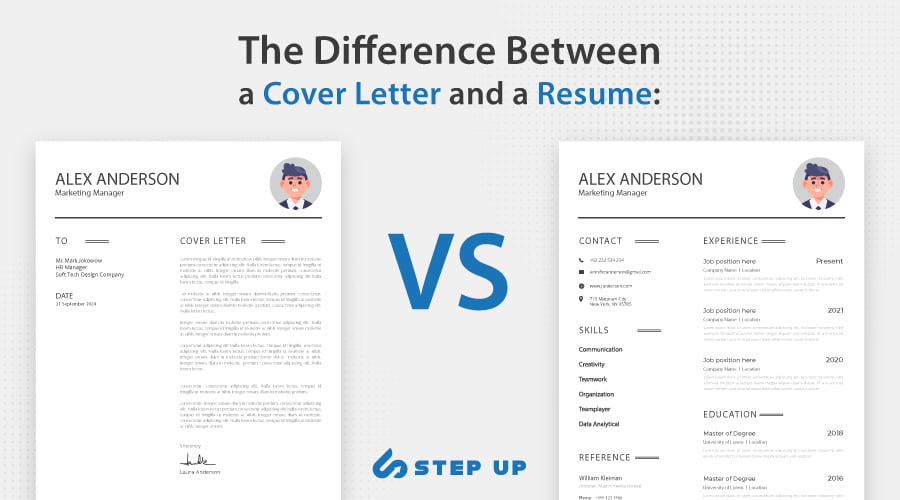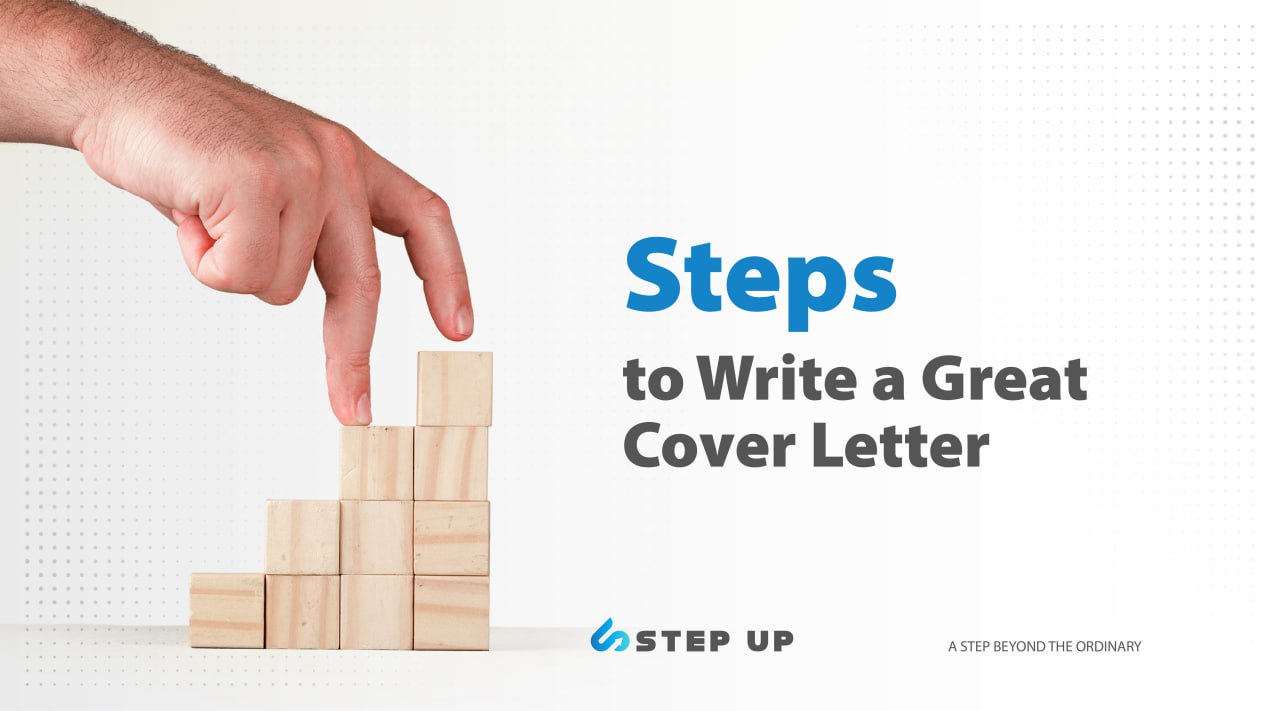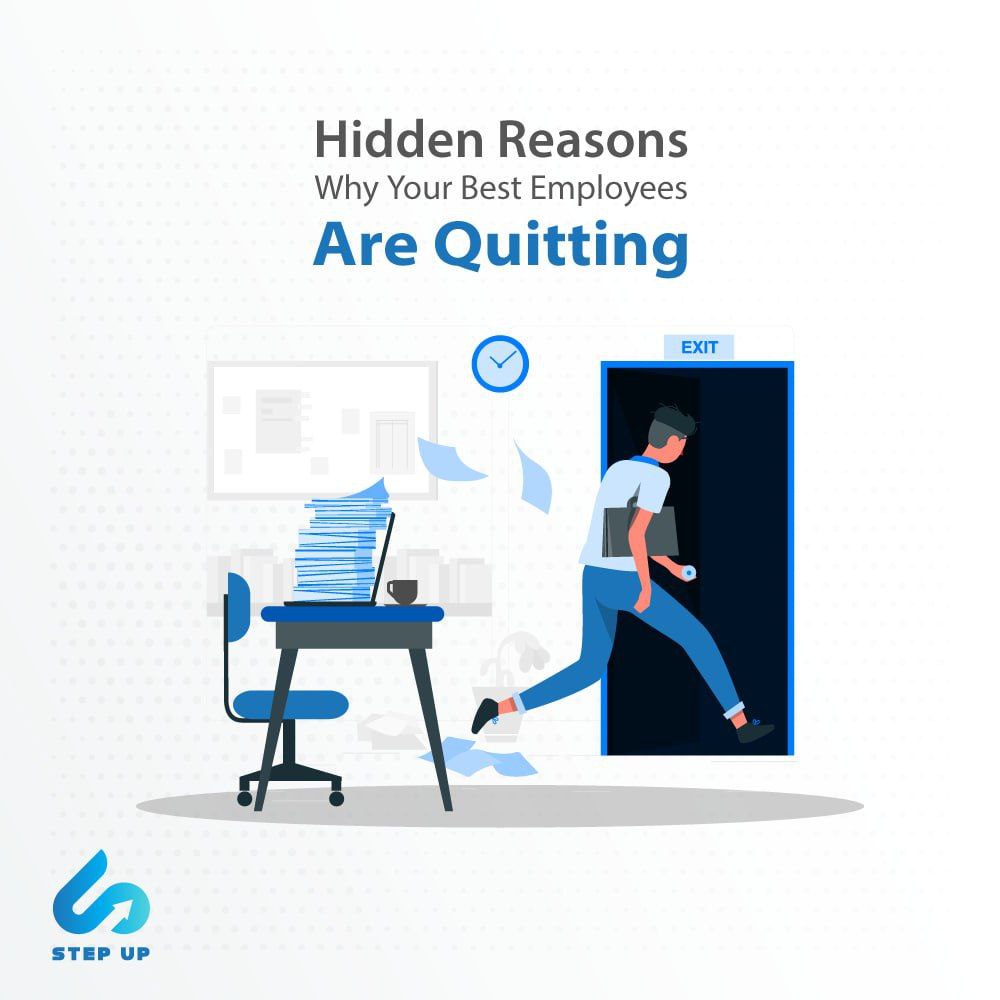Preloader Close
-
call: +963 992 185 185
-
Mail: [email protected]
Recent: Syrian Arab Republic, Damascus.
Opening Hours : 09:00 A.M- 06:00 P.M





